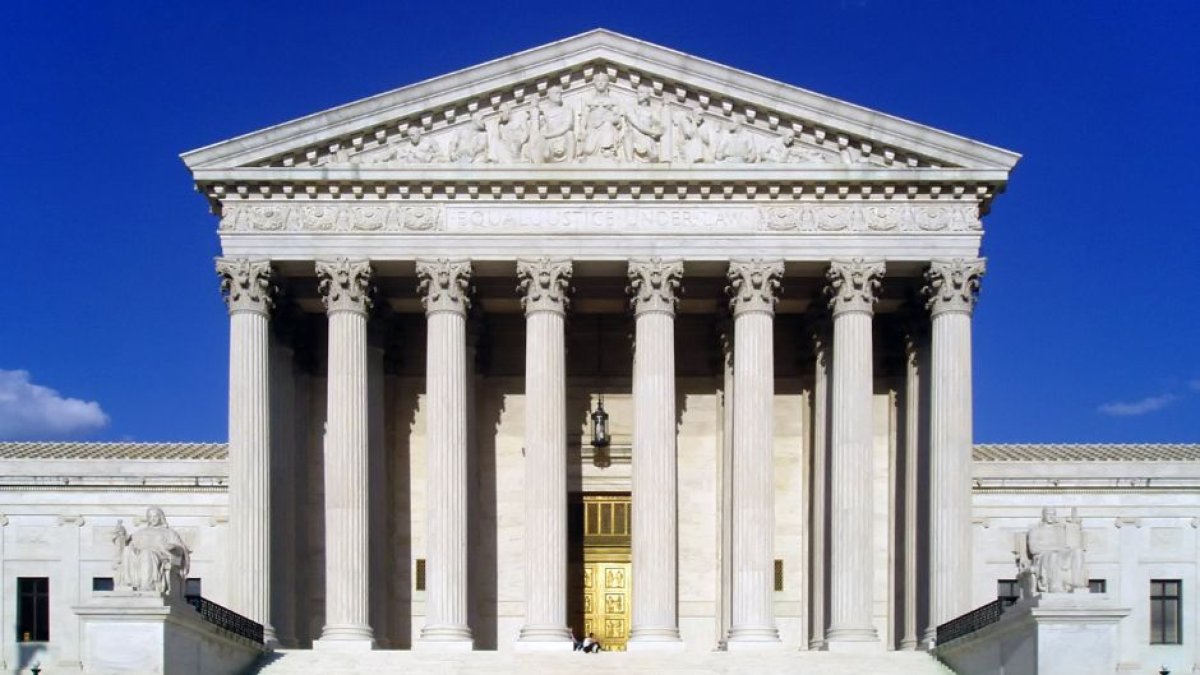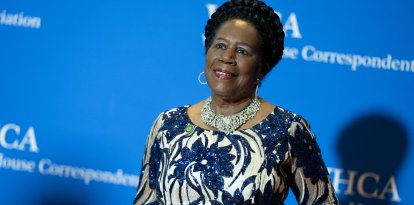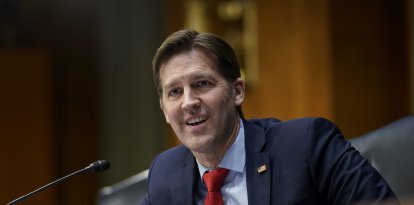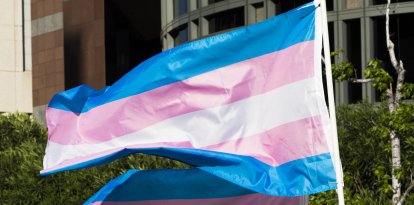New trial on First Amendment rights in the Supreme Court
Trial begins over Colorado pressuring a businesswoman to agree to include LGBT messages in her content.

Fachada oeste de la Corte Suprema
Freedom of speech and freedom of religion are on trial in the Supreme Court on December 5. Lorie Smith and her website design firm, 303 Creative, are defending their First Amendment rights against Colorado government pressure on same-sex marriage before the high court.
Smith's company specializes in creating wedding websites. However, she believes that marriage reflects Christ's relationship with the church and "fulfills the complementary nature of God's first institution," so she is unwilling to promote messages that go against this precept. Likewise, she refuses to take part in spreading messages in favor of abortion or gambling or degrading people for any reason, including their sexual orientation.
Two rulings against
According to statements in The Wall Street Journal, Lorie stresses that she does not refuse to work for gay clients, but rather she refuses to take part in unions that go against her principles. "I cannot create all the messages I am asked for... no matter who does it," she said. As an example, she would never include the message "God hates f***ts" on a website even if asked to do so by a religious institution.
As pressure from Colorado continued, the businesswoman eventually sued the state in defense of her fundamental rights. In 2016 she filed a lawsuit to prevent herself from being forced to design websites for same-sex weddings. The court ruled against it, as would the 10th U.S. Circuit Court of Appeals. Far from being discouraged, her case went to the Supreme Court.
"Clear and inadmissible hostility"
Lorie, who is backed by lawyers from Alliance Defending Freedom, relies on the Jack Philips precedent. This wedding cake creator was taken to court by the Colorado Civil Rights Commission, the same one now prosecuting Lori, when he refused to make a cake for a same-sex wedding, and won. In fact, the Supreme Court noted in its ruling "clear and impermissible hostility" toward Phillips' religious beliefs by officials.
Individual or company vs. the First Amendment?
Colorado counsel argues that this case is different because Lorie runs a commercial enterprise, and what they seek to regulate is the availability of the service offered by 303 Creative, not the service itself. In other words, the state is trying to regulate conduct, not speech. This rationale conflicts with a ruling by Justice Souter, who stated that the "fundamental First Amendment standard" is "enjoyed by commercial corporations generally and by ordinary people engaged in unsophisticated speech."
According to experts, such as Michael McConnell, a Stanford law professor who served as a 10th Circuit judge from 2002 to 2009, the laws "are being twisted by state commissions to prohibit something they don't actually do." According to McConnell, it is intended to force those who disagree to affirm progressive ideas on sex and sexual identity.
Several politicians speak out
The case is generating a lot of controversy. Representatives such as Republican Ted Cruz have clearly positioned themselves. In addition, a group of artists, publishers, LGBT advocacy organizations, jurists and 20 states, filed friend-of-the-court briefs with the Supreme Court asking it to rule in Lorie's favor.

























